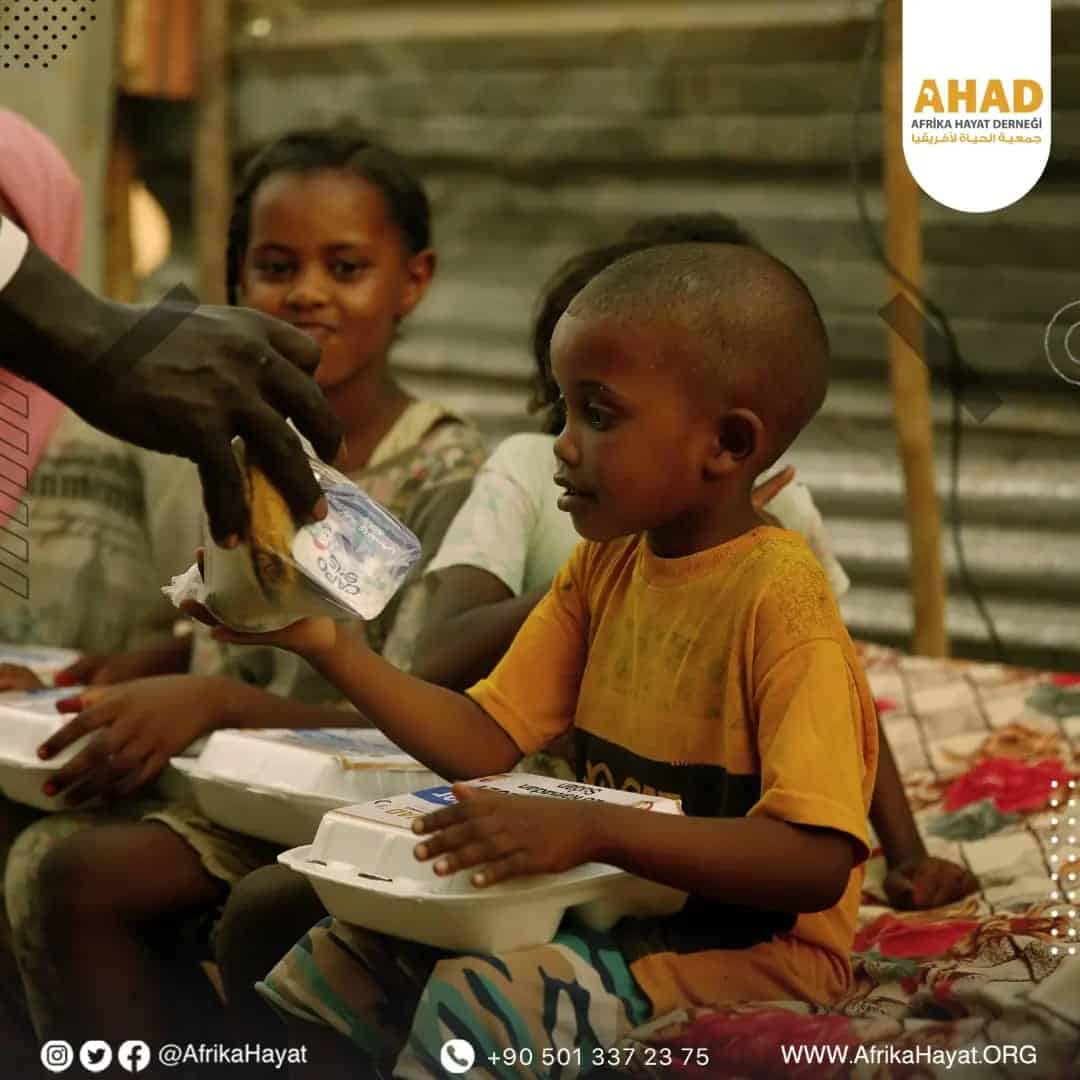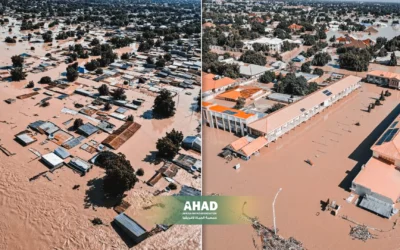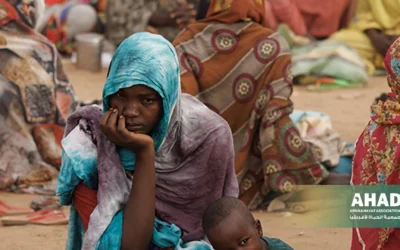In which Surah is the month of Ramadan mentioned
The month of Ramadan is mentioned in the Holy Quran in Surah Al-Baqarah, where Allah Almighty says in verse 185:”the month of Ramadan in which the Quran was revealed is a guide for people and evidence of guidance and difference”. With this verse, a clear reference is made to the importance of the month of Ramadan and the maximization of its value in Islam.
The reference to the month of Ramadan in the Holy Quran
The Holy Qur’an refers to the month of Ramadan in Surah Al-Baqarah, where Allah Almighty speaks of the month of Ramadan as the month in which the Qur’an was revealed as a gift to people and a sign of guidance and difference. This confirms that the month of Ramadan has a special value in Islam, and fasting in this month is a prescribed imposition by Allah Almighty on Muslims.
Verses that talk about the virtues of the month of Ramadan
The Holy Quran contains verses that talk about the virtues of the month of Ramadan. In Surah Al-Baqarah, Allah Almighty mentions that he has made fasting in Ramadan an obligatory duty, and that it is good for believers. As Allah Almighty says in Surah Al – ‘Araf:” the month of Ramadan in which the Qur’an was revealed is a guide for people and evidence of guidance and difference” (al – ‘ Araf: 185). These verses indicate the importance and favor of the month of Ramadan in Islam.
Interpretation of verses
The interpretation of verses referring to the month of Ramadan is an important matter in the Islamic religion. By studying and analyzing the words and context, the meanings and messages contained in the verses can be understood. The interpretation of the verses helps Muslims to understand the importance and favor of the month of Ramadan and their sense of closeness to Allah and performing good deeds during this blessed month.
Interpretation of verses referring to the month of Ramadan
The Holy Quran includes many verses referring to the month of Ramadan, such as the verse “the month of Ramadan in which the Quran was revealed” (Al-Baqarah: 185) which gives the good news of the beginning of this blessed month. The interpretation of these verses is carried out by deriving Islamic meanings and analyzing the context to understand the reference to the virtue and importance of the month of Ramadan in Islam.
The importance of the month of Ramadan in the Holy Quran
The importance of the month of Ramadan in the Holy Quran is great, as it is mentioned in particular in many verses. From these verses it is understood that Ramadan is an exceptional period of obedience and closeness to God, an opportunity for repentance and forgiveness. The Qur’an also mentions in Surat Al-Baqarah the necessity of fasting the month of Ramadan as a duty for Muslims, which shows the importance of this month in strengthening piety and building pivotal ties in Islam.
Judgments and good deeds
The month of Ramadan contains many provisions and good deeds that Muslims must comply with. These include fasting, Tarawih, doing Laylat al-Qadr, feeding food, and giving Zakat al-Fitr. Muslims are also urged to read and recite the Koran a lot, as the Tarawih prayer is an opportunity to recite it.
The provisions of the month of Ramadan in the Quran
The Holy Quran contains a number of provisions related to the month of Ramadan. In it, he emphasizes the obligatory fasting month for Muslims, where Allah Almighty says in Surah Al-Baqarah:” O you who believe, fasting has been written on you as it was written on those before you, so that you may be pious ” (Al-Baqarah: 183). Fasting the month of Ramadan is one of the most important rules that Muslims must follow.
Good deeds in the month of Ramadan
Good deeds in the month of Ramadan are one of the most important offerings that Muslims make. These actions include reading the Holy Quran, performing the five prayers, volunteering in worship, giving alms, fasting voluntarily and avoiding prohibitions. The virtue of such actions is manifested during the month of Ramadan, as their rewards and rewards increase more than in other months.
The impact of Ramadan
The impact of Ramadan is great for Muslims around the world. This month is an opportunity to repent, change and get closer to God. The month of Ramadan releases a special charm of spirituality, prayer, tolerance and giving. The benefit of Muslims from this holy month improves the level of their worship, increases their endurance and patience, and strengthens the values of cooperation and brotherhood in society.
The impact of Ramadan on Muslims
The impact of Ramadan on Muslims is great, as this month is considered a station for change and drawing closer to Allah. Muslims are given an opportunity to improve their relationship with Allah and strengthen their abilities for patience and endurance. Fasting the month of Ramadan leads to purification of souls and strengthening of spirituality. In addition, fasting promotes the values of cooperation and brotherhood in the Muslim community.
Lessons and benefits of fasting Ramadan
Fasting in the month of Ramadan is an important lesson that teaches Muslims to control desires and strength in the face of challenges. They also learn patience and endurance when hungry and thirsty, learn about the value of food and thank for the grace of food. In addition, Muslims benefit from physical and spiritual health benefits from fasting, such as cleansing the body and rejuvenating the soul.
Celebrating the month of Ramadan
The month of Ramadan is considered one of the most important religious months in Islam, therefore Muslims celebrate its coming and receive it with joy and pleasure. Muslims prepare a special atmosphere to celebrate this blessed month, such as decorating houses and mosques with Ramadan decorations and preparing special foods for iftar and Suhoor. The month is also famous as an opportunity for communication and social brilliance, as the Ramadan joint table is held, which brings together community members to celebrate the arrival of this month.
How to celebrate Ramadan
Muslims celebrate Ramadan by promoting worship, prayer and reading the Quran. They serve traditional foods for iftar and Suhoor and share a common iftar table. They also donate to the poor and needy, and work to promote peace and happiness in this holy month. In addition, they exchange congratulations and blessings by Ramadan, meet with family members and friends to celebrate the blessed month.
Cultural and religious manifestations of Ramadan
The cultural and religious manifestations of Ramadan are characterized by the strengthening of social cohesion, the spirit of affection and tolerance. Congratulations and blessings are exchanged by the month, special prayers are held in mosques, a joint breakfast is served where friends and family gather for meals together. Giving and charity is also an important part of the Ramadan experience, as Muslims donate to the poor and needy with everything they can give.
Conclusion
Concluding this article, it can be said that the month of Ramadan is of great importance in Islam and in the life of Muslims. It is a month that carries with it many virtues and good deeds that positively affect the individual and society. This holy month should be celebrated in the spirit of worship, social cohesion and tolerance. This month we may face a number of challenges, but with faith and will we can overcome them and take advantage of their benefits.
The importance of Ramadan in Islam
The month of Ramadan is of great importance in Islam, it is an opportunity for Muslims to renew their relationship with God and bring them closer to him. Fasting Ramadan is one of the five pillars of Islam, and this month is considered an opportunity for self-control and harmony with society, increasing faith and worship. The month of Ramadan is also glorified by good deeds such as reading the Koran, alms, remembrance and prayer.
Frequently asked questions about Ramadan
Frequently asked questions about Ramadan include: When does Ramadan start and end Is it permissible to fast for children and toddlers Should travelers fast during Ramadan What is the ruling on breaking the fast during the day of Ramadan Is it permissible to have sexual intercourse during the day of Ramadan How many fasting hours in Ramadan What is the ruling on spending fasting days that have been broken after Ramadan These are some common questions about the month of Ramadan.
You can visit the ahad Association website to find out more about the projects it offers
Related articles:
The importance and bounty of the month of Ramadan
Join us in our message by donating






